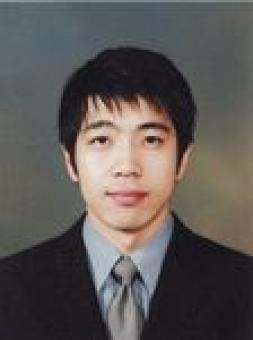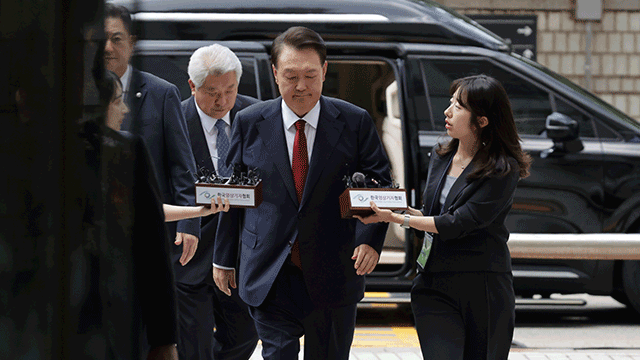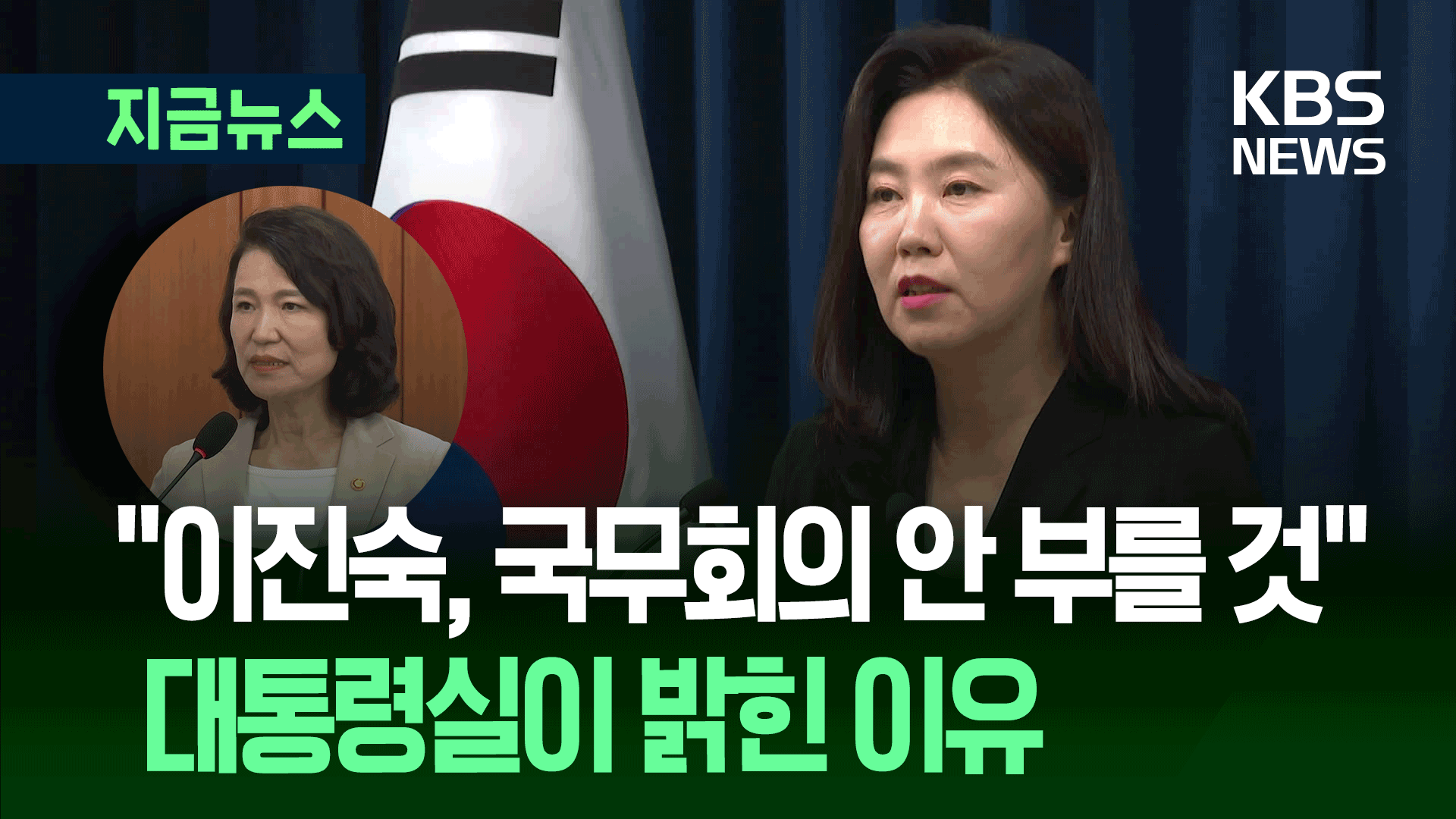[Anchor]
In this way, the United States hopes to meet both the speed and content of the negotiations.
As the government considers what cards to play in order to minimize concessions to the U.S. while sufficiently lowering tariffs, reporter Jeong Jae-woo has the details.
[Report]
The U.S. is focusing on the 'Alaska LNG Project'.
Korea Gas Corporation and the U.S. project operator held their first video conference to begin discussions.
This is a massive project that will cost at least 64 trillion won, and while there is significant uncertainty, the government believes it can serve as a lever to enhance negotiation power.
[Kim Jeong-ho/Democratic Party Member: "Could this be a lever to lower the tariff rate?"]
[Choi Sang-mok/Vice Prime Minister and Minister of Economy and Finance: "I believe it is possible."]
Next week, ministerial-level negotiations between South Korea and the U.S. will begin.
The government plans to propose a package to the U.S. that includes efforts to pursue trade balance and eliminate non-tariff barriers, aiming to minimize tariff damages.
Mentioned as negotiation cards include expanding LNG imports and addressing non-tariff barriers related to agricultural products and big tech companies like Google.
Along with the content of the negotiations, timing is also crucial.
The strong backlash within the U.S. against the U.S.-China tariff war and China's counteractions has created a tense situation.
As the U.S. desires quick negotiations and results with its allies, the 'best proposal' made at the 'right timing' would make advantageous negotiations.
The government is reported to be in a position to start negotiations quickly but not to be rushed by time.
[Lee Tae-ho/Former Deputy Minister of Foreign Affairs: "It is also important to carefully approach the situation while observing how other countries are handling it."]
In the meantime, the U.S. has announced that it has begun an investigation into the impact of semiconductor imports on national security, which could also be used as a negotiation card.
This is KBS News, Jeong Jae-woo.
In this way, the United States hopes to meet both the speed and content of the negotiations.
As the government considers what cards to play in order to minimize concessions to the U.S. while sufficiently lowering tariffs, reporter Jeong Jae-woo has the details.
[Report]
The U.S. is focusing on the 'Alaska LNG Project'.
Korea Gas Corporation and the U.S. project operator held their first video conference to begin discussions.
This is a massive project that will cost at least 64 trillion won, and while there is significant uncertainty, the government believes it can serve as a lever to enhance negotiation power.
[Kim Jeong-ho/Democratic Party Member: "Could this be a lever to lower the tariff rate?"]
[Choi Sang-mok/Vice Prime Minister and Minister of Economy and Finance: "I believe it is possible."]
Next week, ministerial-level negotiations between South Korea and the U.S. will begin.
The government plans to propose a package to the U.S. that includes efforts to pursue trade balance and eliminate non-tariff barriers, aiming to minimize tariff damages.
Mentioned as negotiation cards include expanding LNG imports and addressing non-tariff barriers related to agricultural products and big tech companies like Google.
Along with the content of the negotiations, timing is also crucial.
The strong backlash within the U.S. against the U.S.-China tariff war and China's counteractions has created a tense situation.
As the U.S. desires quick negotiations and results with its allies, the 'best proposal' made at the 'right timing' would make advantageous negotiations.
The government is reported to be in a position to start negotiations quickly but not to be rushed by time.
[Lee Tae-ho/Former Deputy Minister of Foreign Affairs: "It is also important to carefully approach the situation while observing how other countries are handling it."]
In the meantime, the U.S. has announced that it has begun an investigation into the impact of semiconductor imports on national security, which could also be used as a negotiation card.
This is KBS News, Jeong Jae-woo.
■ 제보하기
▷ 카카오톡 : 'KBS제보' 검색, 채널 추가
▷ 전화 : 02-781-1234, 4444
▷ 이메일 : kbs1234@kbs.co.kr
▷ 유튜브, 네이버, 카카오에서도 KBS뉴스를 구독해주세요!
- ‘Best proposal’ at ‘right timing’
-
- 입력 2025-04-15 23:57:08

[Anchor]
In this way, the United States hopes to meet both the speed and content of the negotiations.
As the government considers what cards to play in order to minimize concessions to the U.S. while sufficiently lowering tariffs, reporter Jeong Jae-woo has the details.
[Report]
The U.S. is focusing on the 'Alaska LNG Project'.
Korea Gas Corporation and the U.S. project operator held their first video conference to begin discussions.
This is a massive project that will cost at least 64 trillion won, and while there is significant uncertainty, the government believes it can serve as a lever to enhance negotiation power.
[Kim Jeong-ho/Democratic Party Member: "Could this be a lever to lower the tariff rate?"]
[Choi Sang-mok/Vice Prime Minister and Minister of Economy and Finance: "I believe it is possible."]
Next week, ministerial-level negotiations between South Korea and the U.S. will begin.
The government plans to propose a package to the U.S. that includes efforts to pursue trade balance and eliminate non-tariff barriers, aiming to minimize tariff damages.
Mentioned as negotiation cards include expanding LNG imports and addressing non-tariff barriers related to agricultural products and big tech companies like Google.
Along with the content of the negotiations, timing is also crucial.
The strong backlash within the U.S. against the U.S.-China tariff war and China's counteractions has created a tense situation.
As the U.S. desires quick negotiations and results with its allies, the 'best proposal' made at the 'right timing' would make advantageous negotiations.
The government is reported to be in a position to start negotiations quickly but not to be rushed by time.
[Lee Tae-ho/Former Deputy Minister of Foreign Affairs: "It is also important to carefully approach the situation while observing how other countries are handling it."]
In the meantime, the U.S. has announced that it has begun an investigation into the impact of semiconductor imports on national security, which could also be used as a negotiation card.
This is KBS News, Jeong Jae-woo.
In this way, the United States hopes to meet both the speed and content of the negotiations.
As the government considers what cards to play in order to minimize concessions to the U.S. while sufficiently lowering tariffs, reporter Jeong Jae-woo has the details.
[Report]
The U.S. is focusing on the 'Alaska LNG Project'.
Korea Gas Corporation and the U.S. project operator held their first video conference to begin discussions.
This is a massive project that will cost at least 64 trillion won, and while there is significant uncertainty, the government believes it can serve as a lever to enhance negotiation power.
[Kim Jeong-ho/Democratic Party Member: "Could this be a lever to lower the tariff rate?"]
[Choi Sang-mok/Vice Prime Minister and Minister of Economy and Finance: "I believe it is possible."]
Next week, ministerial-level negotiations between South Korea and the U.S. will begin.
The government plans to propose a package to the U.S. that includes efforts to pursue trade balance and eliminate non-tariff barriers, aiming to minimize tariff damages.
Mentioned as negotiation cards include expanding LNG imports and addressing non-tariff barriers related to agricultural products and big tech companies like Google.
Along with the content of the negotiations, timing is also crucial.
The strong backlash within the U.S. against the U.S.-China tariff war and China's counteractions has created a tense situation.
As the U.S. desires quick negotiations and results with its allies, the 'best proposal' made at the 'right timing' would make advantageous negotiations.
The government is reported to be in a position to start negotiations quickly but not to be rushed by time.
[Lee Tae-ho/Former Deputy Minister of Foreign Affairs: "It is also important to carefully approach the situation while observing how other countries are handling it."]
In the meantime, the U.S. has announced that it has begun an investigation into the impact of semiconductor imports on national security, which could also be used as a negotiation card.
This is KBS News, Jeong Jae-woo.
-
-

정재우 기자 jjw@kbs.co.kr
정재우 기자의 기사 모음
-
이 기사가 좋으셨다면
-
좋아요
0
-
응원해요
0
-
후속 원해요
0















이 기사에 대한 의견을 남겨주세요.